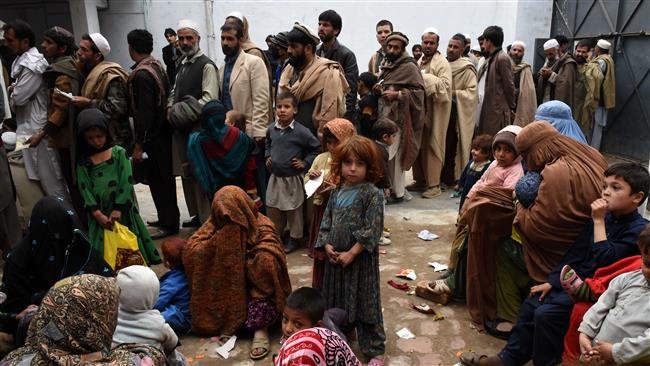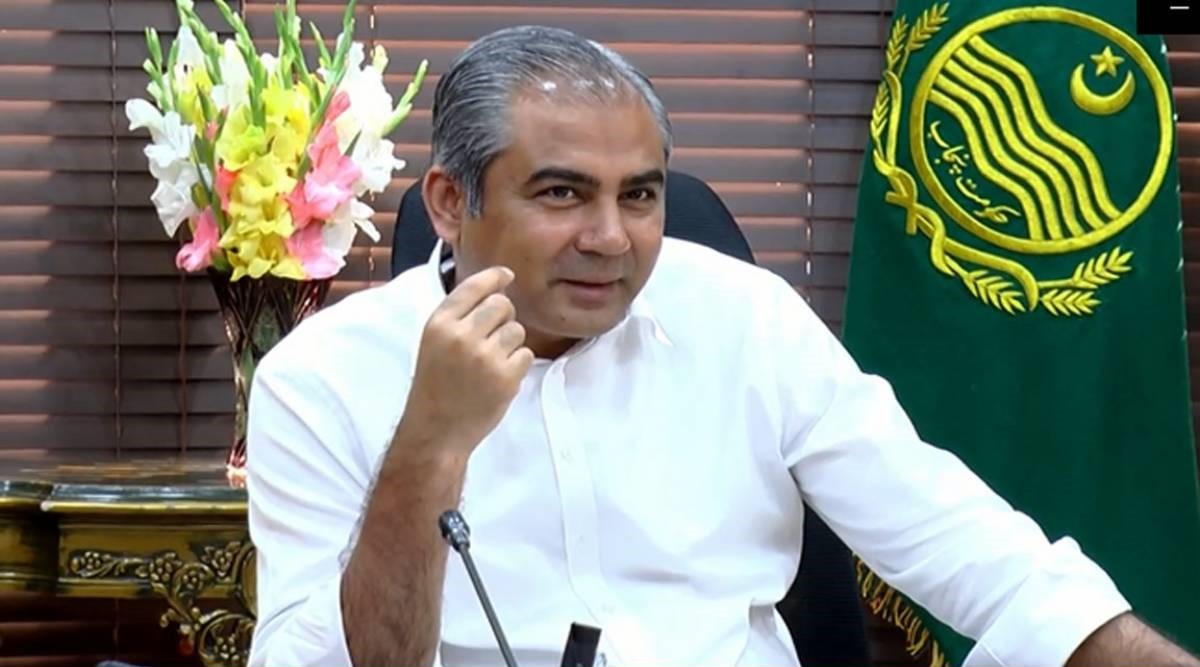Pakistan has granted a temporary extension to its deadline for Afghan refugees to return home, pushing the cutoff date to early next week due to the upcoming Eid al-Fitr celebrations. The decision comes as millions of Muslims worldwide prepare to mark the end of Ramadan, with Pakistani officials acknowledging the humanitarian considerations during this holy period.
Earlier in March, Pakistani authorities had set a strict end-of-month deadline for Afghans holding specific documentation to leave the country. This move was part of Islamabad’s broader campaign to repatriate Afghan nationals, affecting approximately 800,000 individuals holding Afghan Citizen Cards (ACC) issued by Pakistan. Additionally, over 1.3 million registered Afghan refugees possessing UNHCR Proof of Registration (PoR) cards face relocation away from the capital region, including Islamabad and neighboring Rawalpindi.
With nearly three million Afghans currently residing in Pakistan – many having fled decades of conflict and the Taliban’s return to power – human rights advocates warn of dire consequences. “For many refugees, returning to Afghanistan means returning to nothing,” explains Pakistani human rights lawyer Moniza Kakar. The situation is particularly precarious for Afghan women and girls, who would lose access to education under Taliban rule.
Relations between Pakistan and Afghanistan have deteriorated significantly since the Taliban’s takeover, with Islamabad accusing Kabul of failing to address militant safe havens – allegations the Taliban government strongly denies. Despite these tensions, a Pakistani delegation visited Kabul in March to discuss bilateral relations and regional security, highlighting the complex geopolitical dynamics at play.
Human rights organizations have strongly condemned Pakistan’s repatriation campaign. Human Rights Watch has criticized what it calls “abusive tactics” that force vulnerable Afghans to return to potential persecution and economic hardship. Amnesty International has raised specific concerns about refugees awaiting third-country resettlement, warning that relocation away from Islamabad could disrupt their immigration processes with foreign embassies, including the United States.
Since Pakistan’s initial ultimatum in late 2023, UN figures show more than 800,000 Afghans have already returned to their homeland between September 2023 and the end of 2024. As the extended deadline approaches, the international community continues to watch closely, balancing security concerns with humanitarian obligations toward one of the world’s most vulnerable refugee populations.















